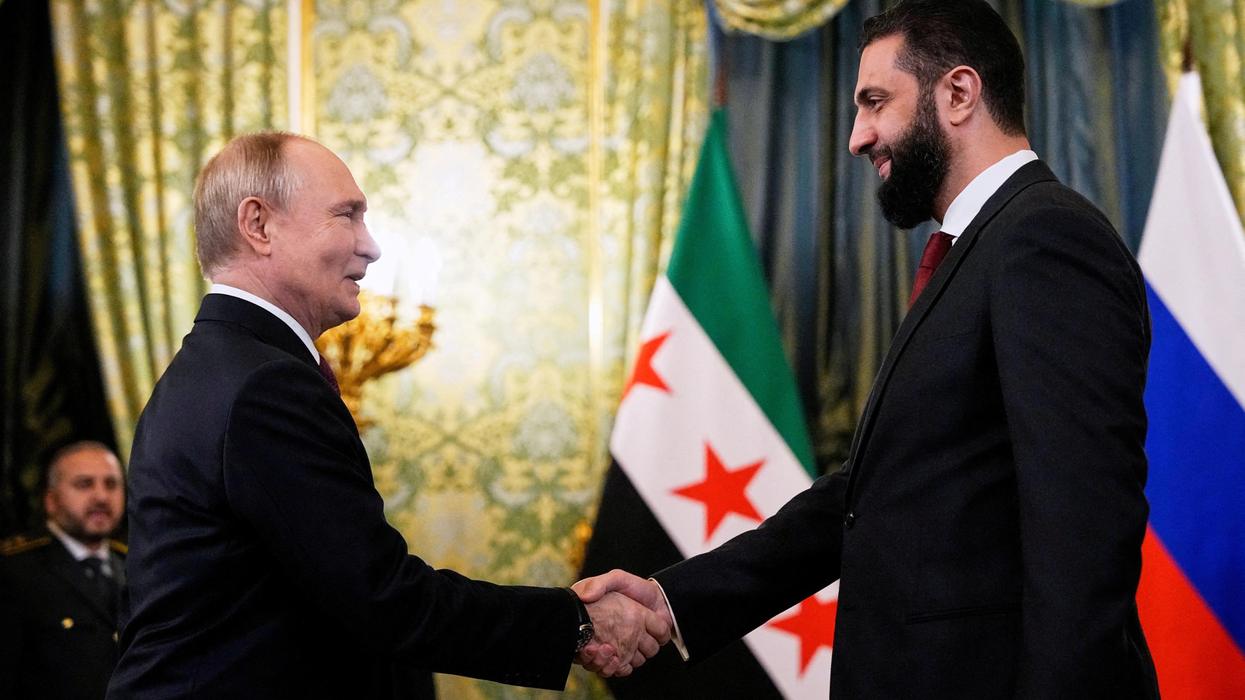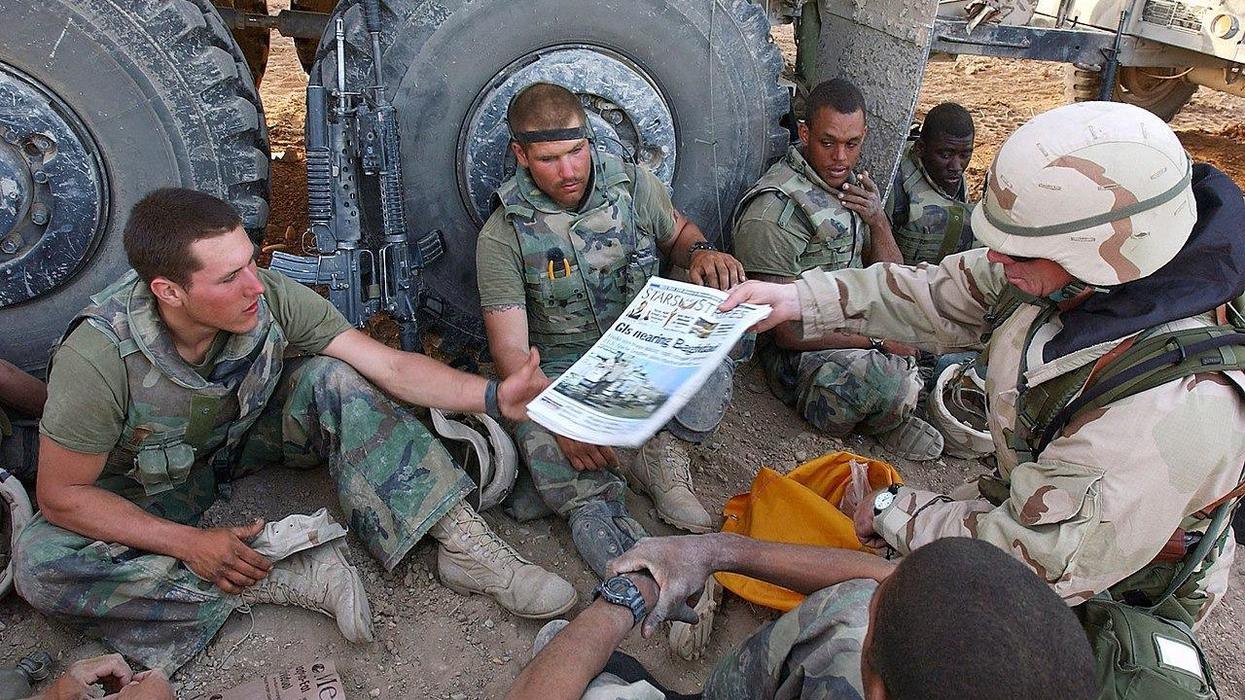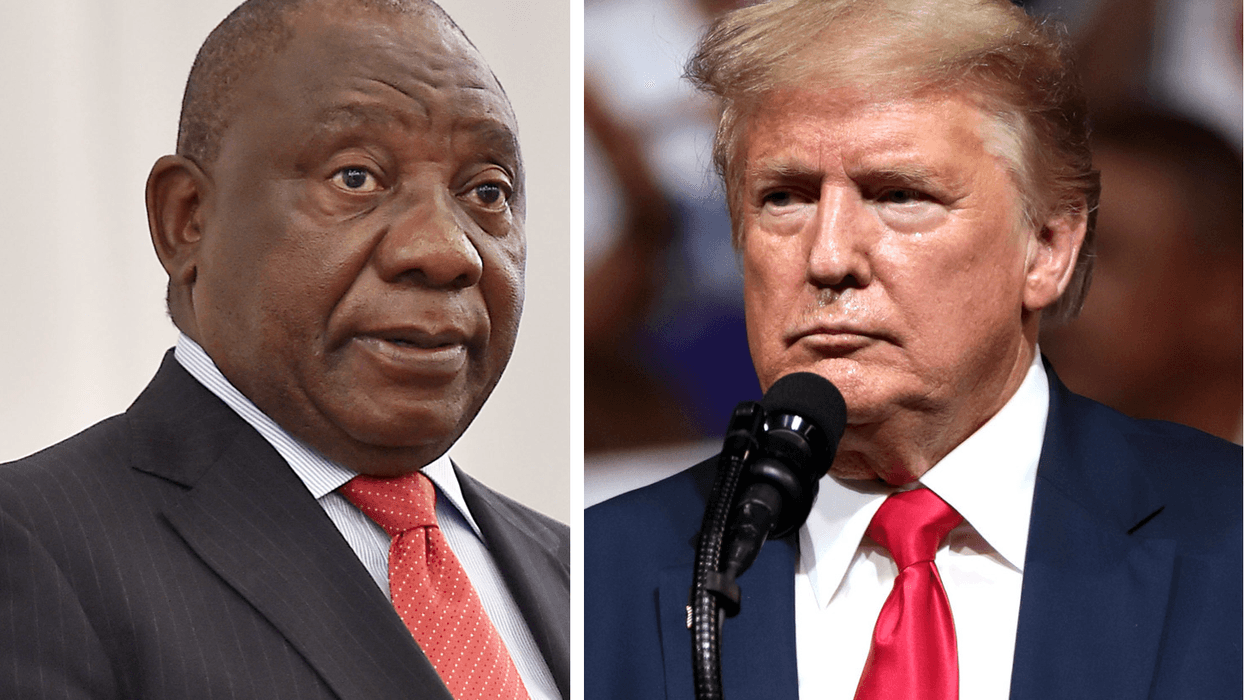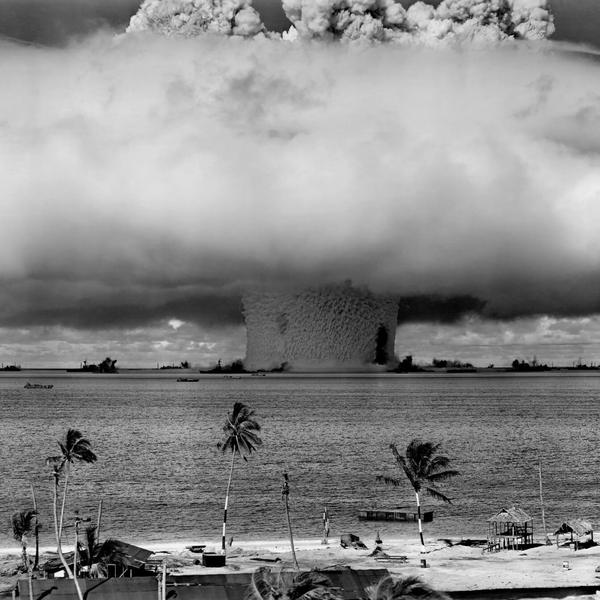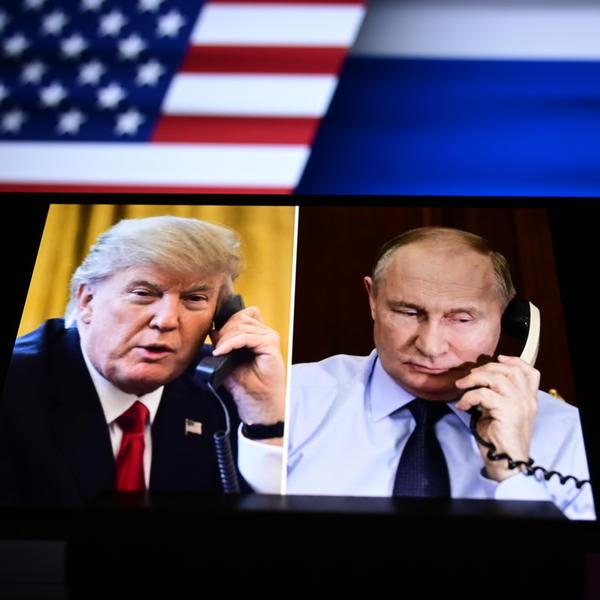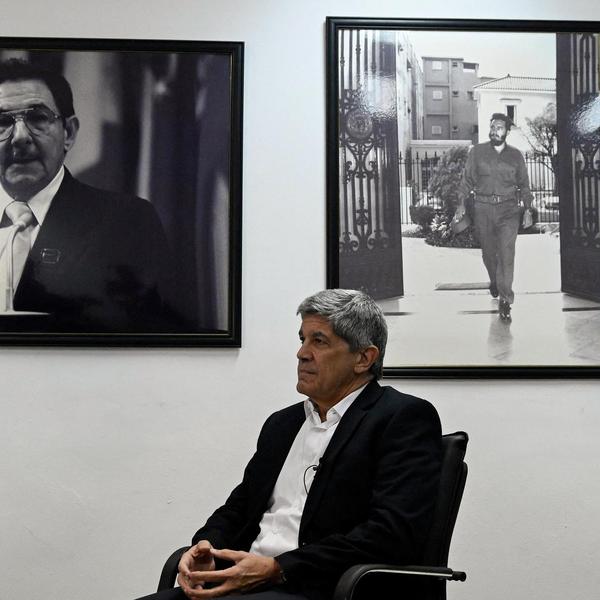Twenty years ago, on March 20, 2003, a U.S.-led coalition invaded Iraq. Close to six years before troops marched into the Arab country, on April 18, 1997, Swedish diplomat Rolf Ekéus presented his final report to the UN Security Council.
Ekéus was about to leave his position as director of the United Nations Special Commission (UNSCOM), created in 1991 to oversee the elimination of Iraq’s weapons of mass destruction program. The report presented to the Council stated that “not much is unknown about Iraq's retained proscribed weapons capabilities.”
In his recently published book, “Iraq Disarmed: The Story Behind the Story of the Fall of Saddam,”Ekéus reiterates his conviction that by the time he left his position as UNSCOM director, “there was considerable evidence that the situation was largely under control.”
George W. Bush and Tony Blair justified their invasion of Iraq on the grounds that Saddam Hussein possessed weapons of mass destruction that made him a threat to the world. The mainstream media facilitated the spread of this U.S. government narrative by essentially silencing dissenting voices. By October 2004, however, even a CIA report had to admit that Iraq did not possess illicit weapons and had no program to produce them at the time of the invasion.
In short, the report presented by Ekéus in 1997 had been an accurate description of the situation at the time and little had changed since then. The diplomat and his multinational team at UNSCOM had reached their conclusions after six years of painstaking inspections of Iraqi facilities destined to the production of WMD and the elimination of existing stockpiles. Parallel to this, UNSCOM had established a monitoring mechanism to guarantee Iraq would not re-start its WMD program.
The whole process was complicated by the Iraqi government’s frequent obstructionism. In 1991, for instance, a group of UNSCOM inspectors was trapped by Iraqi personnel in the parking lot of a building hosting official documentation where they had found information about Iraq’s WMD program. At the same time, the threat of U.S. military action against Iraq loomed over UNSCOM’s work. In fact, limited missile airstrikes against Iraq were conducted in 1993 and 1996, and more intense bombings took place during Operation Desert Fox in 1998.
“Iraq Disarmed” is rich in descriptions of the technical and logistic difficulties encountered by Ekéus and his team in setting up UNSCOM and keeping it operative. The Commission was a particular entity as it did not have its own budget and reported directly to the UN Security Council instead of the UN Secretary-General. Member states paid the salaries of their nationals working for UNSCOM and some countries — mainly Gulf states — made individual financial contributions to the Commission.
Furthermore, although Ekéus exercised command over the U-2 reconnaissance plane used by UNSCOM to surveil Iraq, the aircraft operated from a U.S. base in Saudi Arabia.
The basis of UNSCOM’s work was UN Security Council Resolution 687, approved in April 1991. The resolution not only established UNSCOM but also included a significant promise to Iraq in its paragraph 22 stating that if UNSCOM were to certify that Iraq’s WMD program no longer posed a threat, the oil embargo imposed on Iraq after its 1990 invasion of Kuwait would be removed.
Ekéus’ main interlocutor in Baghdad was Tariq Aziz, the deputy prime minister of Iraq, a fluent English speaker and member of the close circle around Saddam Hussein. Aziz would continuously insist on sanctions being removed, while Ekéus would emphasize that Iraq had to be truthful with UNSCOM on its undeclared WMD production sites and stockpiles so that the embargo could be lifted.
Meanwhile, Madeleine Albright played a major role in Washington’s interactions with the Commission, first as U.S. ambassador to the United Nations and later as secretary of state. Ekéus argues that the Clinton administration tasked Albright with making sure sanctions on Iraq would be maintained by the Security Council. The Swedish diplomat’s suspicions would be confirmed when, soon after becoming secretary of state, Albright gave a speech at Georgetown University stating that “we do not agree with the nations who argue that if Iraq complies with its obligations concerning weapons of mass destruction, sanctions should be lifted.”
Ekéus describes the Georgetown speech as a “blow,” seeing that Albright’s words were in direct contravention of the famous paragraph 22. As Ekéus explains, his “strongest argument for persuading Iraq to cooperate with us was precisely the link between disarmament and sanctions relief.”
The Swedish diplomat was far more concerned about the effects of sanctions on the Iraqi population than Albright was. When the secretary of state was asked whether the massive death of children in Iraq as a result of sanctions on Saddam Hussein’s regime was justified, she famously said that “that’s a very hard choice, but we think the price is worth it.” On the contrary, Ekéus writes in “Iraq Disarmed” that he “felt uneasy, almost desperate, in the face of the suffering of the Iraqi people” as he “struggled to make the necessary progress” in his work to ease their plight. After sanctions were imposed on Iraq, child mortality rates multiplied by five according to a Food and Agriculture Organization report published in 1995.
“Iraq Disarmed” recounts a story that, with hindsight, acquires a revealing character. Ékeus explains that in early 1998 he was invited to a dinner in the U.S. Supreme Court also attended by George H. W. Bush and his son and soon-to-be U.S. president George W. Bush. In the presence of his son, the elder Bush asked Ékeus about his appraisal of Iraq’s WMD program, to which he replied that the UNSCOM mission had been successful. According to the Swedish diplomat, the future president was “clearly displeased” by Ekéus’ assessment. Although Bush Sr. pressed his son to pay attention to Ekéus’ reassuring words, George W. Bush soon lost interest in the conversation.
In the months leading up to the Iraq War, Ekéus tried to lobby the Bush administration to pursue a more moderate path towards Iraq. In this effort, he joined forces with Jessica Mathews, who then presided over the Carnegie Endowment for International Peace. The so-called Mathews Plan proposed sending a multinational military force with the backing of the UN Security Council to Iraq to make sure that UN inspectors, together with officials from the International Atomic Energy Agency, could conduct a proper assessment of Iraq’s WMD capabilities after four years without major inspections.
UNSCOM had been disbanded in 1999 and its successor organization, the United Nations Monitoring, Verification and Inspection Commission (UNMOVIC) lacked the competence and experience of UNSCOM according to Ekéus. Mathews argued that her plan of so-called "coercive inspections" was preferable to war but acknowledged that it would appear to many as “too long, too frustrating and too uncertain.” It certainly did to the Bush administration, which unreasonably believed in the existence of easy solutions to complex problems.
Ekéus visited the White House in early February 2003 and met deputy national security adviser Stephen Hadley. The Swedish diplomat defended the Mathews Plan — Mathews herself had not been invited because the Bush administration resented her anti-war stances. By that time, the encounter was probably nothing but a formality, and Ekéus explains he sensed how “war hung in the air.”
Twenty years after the beginning of the Iraq War, there is still much to be learned from UNSCOM’s success at dismantling Iraq’s proscribed weapons program, as well as from the failure of international diplomacy to prevent Bush’s determination to initiate an illegal conflict whose consequences still reverberate in the Middle East and beyond.


